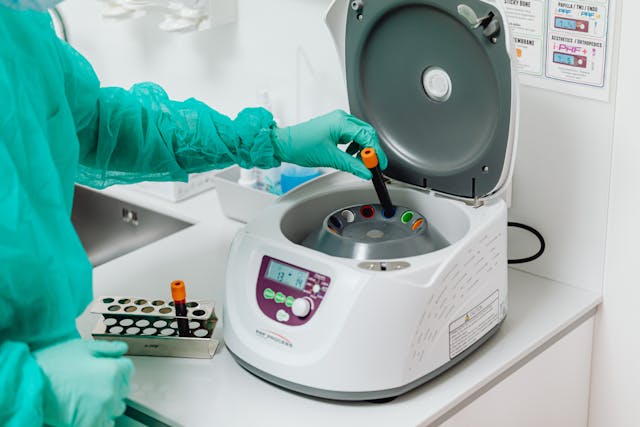
Medical laboratories play a crucial role in modern healthcare by providing accurate and timely test results that aid in disease diagnosis, treatment planning, and monitoring. From routine blood tests to complex genetic analyses, these labs ensure that healthcare professionals have the necessary data to make informed medical decisions. This article explores the significance of medical laboratories, the types of tests they conduct, and their impact on patient care.
Importance of Medical Laboratories in Healthcare
Medical laboratories are essential for diagnosing diseases at an early stage, allowing for timely intervention and better patient outcomes. They help detect infections, metabolic disorders, cancers, and chronic illnesses. Without laboratory testing, many diseases would remain undiagnosed, leading to delayed or incorrect treatments.
Types of Medical Laboratory Tests
Medical laboratories conduct a wide range of diagnostic tests, including:
- Hematology Tests
- Complete Blood Count (CBC)
- Blood clotting tests (PT, INR)
- Hemoglobin and hematocrit levels
- Clinical Chemistry Tests
- Blood glucose levels
- Liver and kidney function tests
- Lipid profile (cholesterol levels)
- Microbiology Tests
- Bacterial culture and sensitivity testing
- Fungal and viral identification
- Parasitology exams
- Immunology and Serology Tests
- COVID-19 and flu testing
- Autoimmune disease markers
- Allergy testing
- Molecular and Genetic Testing
- DNA sequencing
- PCR tests (e.g., for infectious diseases)
- Genetic predisposition testing
- Pathology and Histology Tests
- Biopsy examination
- Cytology (e.g., Pap smear)
- Tumor markers
The Role of Technology in Modern Medical Laboratories
Advancements in technology have significantly improved the efficiency and accuracy of medical laboratory testing. Automation, artificial intelligence, and digital pathology have streamlined workflows, reduced human errors, and enhanced diagnostic capabilities.
- Automation: Automated analyzers speed up test processing and improve precision.
- AI and Machine Learning: These technologies assist in pattern recognition and disease prediction.
- Telemedicine and Remote Testing: Patients can now receive lab results and consultations without visiting healthcare facilities.
Ensuring Accuracy and Quality Control in Medical Labs
Quality assurance is critical in medical laboratories to ensure reliable results. Labs follow strict guidelines, including:
- Standardized testing procedures
- Regular equipment calibration and maintenance
- External quality assessments and certifications (e.g., CLIA, CAP, ISO)
Challenges Faced by Medical Laboratories
Despite their crucial role, medical laboratories face several challenges, such as:
- Shortage of skilled laboratory professionals
- High operational costs and equipment maintenance
- Risk of contamination and sample mishandling
- The need for continuous updates to keep up with emerging diseases
Conclusion
Medical laboratories are the backbone of disease diagnosis and healthcare decision-making. Their contributions ensure accurate, timely, and efficient patient care. As technology advances, medical labs will continue to evolve, improving diagnostic accuracy and accessibility for all patients.
By understanding the role and significance of medical laboratories, both healthcare professionals and patients can appreciate the importance of laboratory testing in the diagnosis and management of diseases.
